What is identity?
Identity is the unique things about you that make you, you. Identity can mean different things to different young people. To a child in your care, it might be related to their social circle, ethnicity, sexuality, gender, where they live, what music they listen to, religion or just feeling like they don’t fit in. Simply put – identity is about ‘who you are’.
Identity is all about the individual things that make each person unique. Growing up can be a confusing time for young people as they start to understand and develop their own identity. They will need our support to become confident and secure in their own identity.
If your child has lots of questions or concerns about their identity that are not answered, this can lead to feelings of loneliness or worry. Talk to your child, ask them questions and find opportunities to celebrate their strengths and individuality, let them know that you love them for who they are.
If your child has lots of questions or concerns about their identity that are not answered, this can lead to feelings of loneliness or worry.
Some things you can do to help
-
Talk to your child about how they feel and listen non-judgmentally.
-
Ask them questions about how they feel and what you can do to support them.
-
Answer questions opening and honestly, showing your child your authentic self.
-
It can be helpful to tell them how you felt growing up and exploring your own identity.
-
Ensure the young person knows they are valued and loved for who they are.
-
Educate yourself about the impact of identity on mental health.
-
Provide them with real life examples of different identities through books, film, and TV.
-
Reading stories with young children where diversity is represented can be powerful. Here’s a list of stories.
-
Encourage them to celebrate what makes them different.
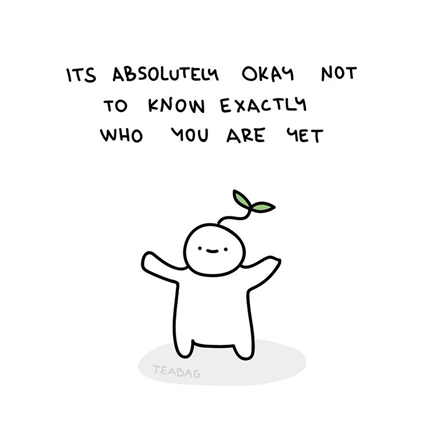
Discrimination
There are three types of discrimination: direct discrimination, indirect discrimination and discrimination arising from disability. There are some really useful explanations and examples here: What is discrimination? | Equality and Human Rights Commission (equalityhumanrights.com).
It is important to understand that just because a young person has a disability, has experienced racism or are part of the LGBTQ+ community, does not mean they will definitely experience a mental health condition. The experiences they have of being treated differently from others can negatively impact their emotional health and wellbeing which can sometimes lead to a mental health problem. It is important that you understand what rights are protected by law.
Your child's right to be themselves is protected by law
Protected Characteristics are:
-
age
-
gender reassignment
-
being married or in a civil partnership
-
being pregnant or on maternity leave
-
race including colour, nationality, ethnic or national origin
-
religion or belief
-
sex
-
sexual orientation
The Equality Act 2010 is a law that protects people with these characteristics from discrimination (i.e. being treated unfairly for being different).
Here’s a list of different areas that young people sometimes have questions or concerns about, and some helpful websites where you can find out more.
Race and racism
Race
It is important to recognise and celebrate the beauty of all races, including your own. It is useful to support your child to learn more about their identity and what makes them, them. It might mean learning together about your family tree or embracing aspects of your culture through storytelling, food, dance, and music. The world is made up of so many diverse identities and we grow together by better understanding the beauty of ourselves and others.
Racism
Racism and racial abuse or bullying can be really distressing for children and young people. When a child is bullied or treated differently because of their race, it can lead to feelings of isolation, depression, anger or even shame about their race or how they look. While many parents or carers may feel afraid of saying the wrong thing, having an open conversation will help children learn about how racism still exists, and to recognise how it affects them or people they know. Talking openly can also help a child to feel more comfortable sharing how they’re feeling with you, and to confide in you if they’ve experienced or seen racism or racial abuse.
If your child is struggling with their mental health over a longer period of time, they may need some more support – from you and from professionals if needed. If experiences of racism are more seriously affecting your child’s mental health, they may:
-
have a continuously low mood, depression or low self-esteem
-
feel numb or empty inside
-
experience changes to their sleeping or eating habits
-
show changes to their mood and behaviour that feel out of the ordinary
-
feel worried or anxious a lot of the time
-
have a negative attitude towards their body image or ethnic identity relating to skin tone, hair texture, or the size and shape of facial and bodily features
-
experience flashbacks or intrusive thoughts about a traumatic incident
Some useful links and resources are as follows:
Talking to children about racism | NSPCC
Talking to your children about racism | Barnardo's (barnardos.org.uk)
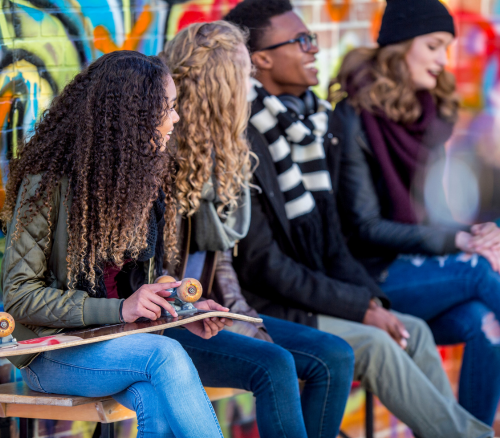
Disability and Special Educational Needs (SEND)
For a young person it is important for them to have a sense of self and identity as it can provide them with a sense of belonging. Often identity can come from relating to people who they feel they have things in common with or feel similar to. Having a disability or a Special Education Need can affect a young person’s sense of identity as they may feel ‘different’ or sense that they are viewed as different by others.
It is also important to recognise hidden disabilities. For example, someone might have sensory loss, autism or long-term conditions such as diabetes. Disabled and non-disabled people have the right to be respected and feel included. A person with a hidden disability might need the noise or light levels to be considered, be given more time to do something or take more breaks. Or they might need others to think carefully about how they communicate and describe things.
Your child may have always been aware of their disability or it may have become more apparent to them later on in their childhood or teenage years, but it is important to remind them that every single person is different and has something which makes them unique. They may be feeling like an outsider, and perhaps other people have views on them based on unhelpful stereotypes which can lead to misconceptions and even bullying (which in turn can have consequences on their mental health).
This treatment can in turn lead to an effect on an individual’s identity and consequently their mental health. A young person with a special educational need is likely to be disproportionately affected by mental health conditions, therefore it is important for them to know who they are and how their disability affects them with regards to strengths as well as areas with which they may need more help, as having a strong sense of identity can be a protective factor against mental health conditions.
Often individuals cope by masking symptoms and pretending to be someone they are not, but this can be exhausting and where they may find that they feel at odds with their true identity. Encouraging them to be their authentic and wonderful self will provide relief and can have a positive impact on their emotional health and wellbeing.
Some useful links and resources are as follows:
Living with a disability | Childline
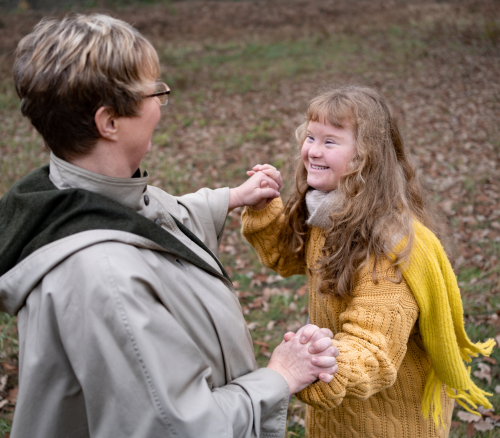
LGBTQ+
Sexual orientation and gender expression are an important part of a young person’s identity. Some young people may be unsure of their sexual orientation and/or gender identity where some will have been clear about it from a young age. Expressing and exploring gender identity is a normal part of development.
Identity provides a sense of self. With regards to LGBTQ+, being accepted by others is important for mental wellbeing. A good support network increases self-esteem and is a protective factor for mental health issues and this is particularly true when it comes to parental support. Ensuring you listen carefully to their experiences and asking what is going on for them and providing space to talk will help to foster that sense of self.
Whilst anyone can experience a mental health problem, for young people who identify as LGBTQ+ such an issue is more likely to develop not because of their identity itself but as a consequence of having to face problems such as exclusion, discrimination, stigma, prejudice, rejection, isolation etc. Embracing their LGBTQ+ identity can have a positive impact on mental wellbeing, increasing confidence and self-acceptance whilst also enabling a sense of community and belonging. An environment where they feel emotionally and physically safe and their identity is respected and embraced (for example by using their correct pronouns) will act as a protective factor and decrease the risk of mental health problems developing.
Some useful links and resources are as follows:
Supporting Your Child with Gender Identity Issues (youngminds.org.uk)
So you think your child is gay? Answers to some of the questions you may have (PDF)
Sexuality | Relationships | Health for Teens
Sexual and gender identity | Childline
Resources – Nottingham Together, Let’s Talk!
What do you need to know about LGBTQ+ children and young people? | Stonewall
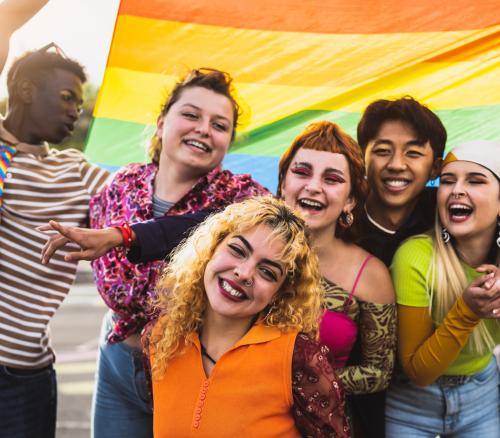
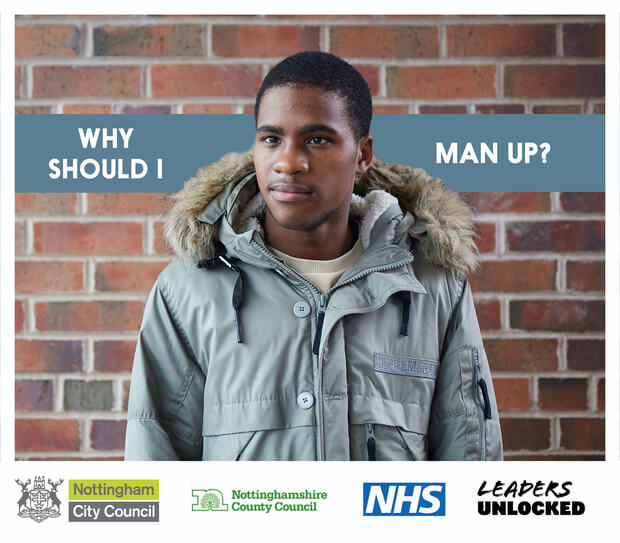
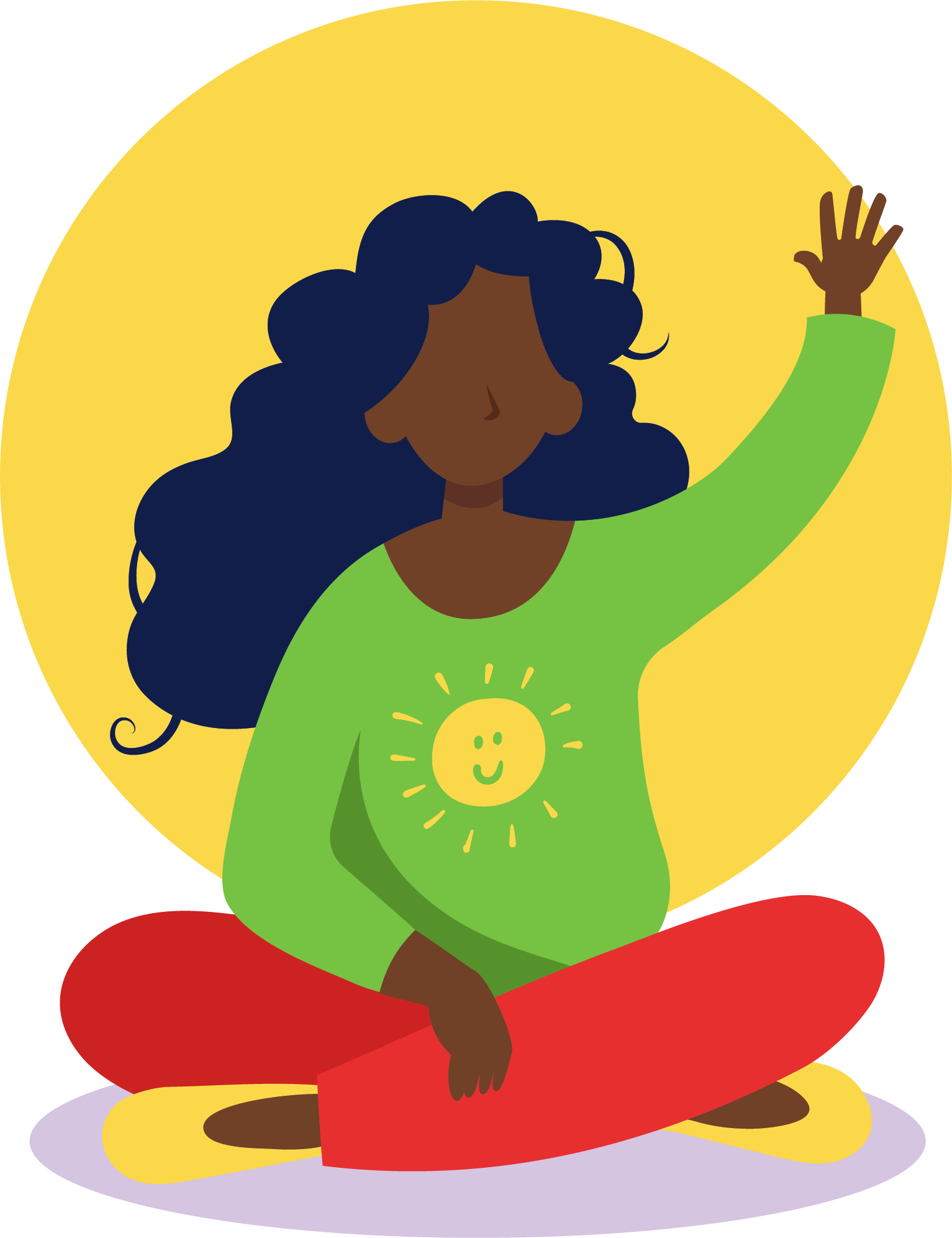
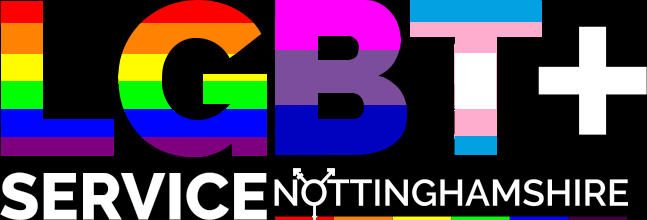
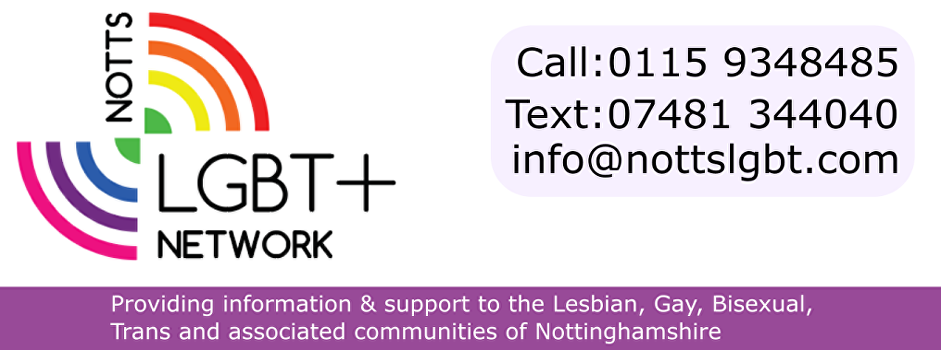



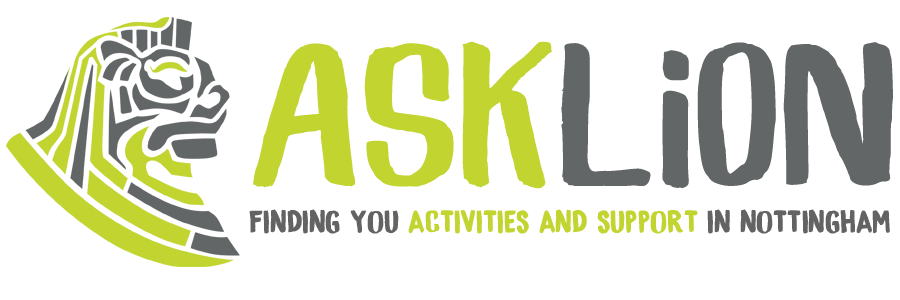
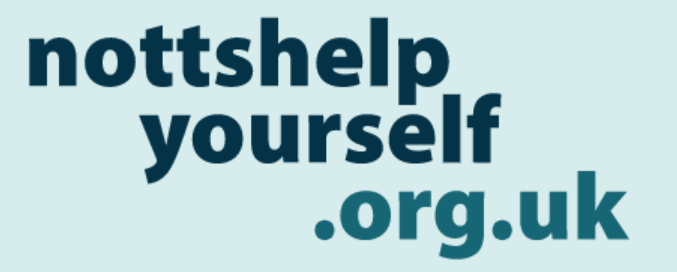
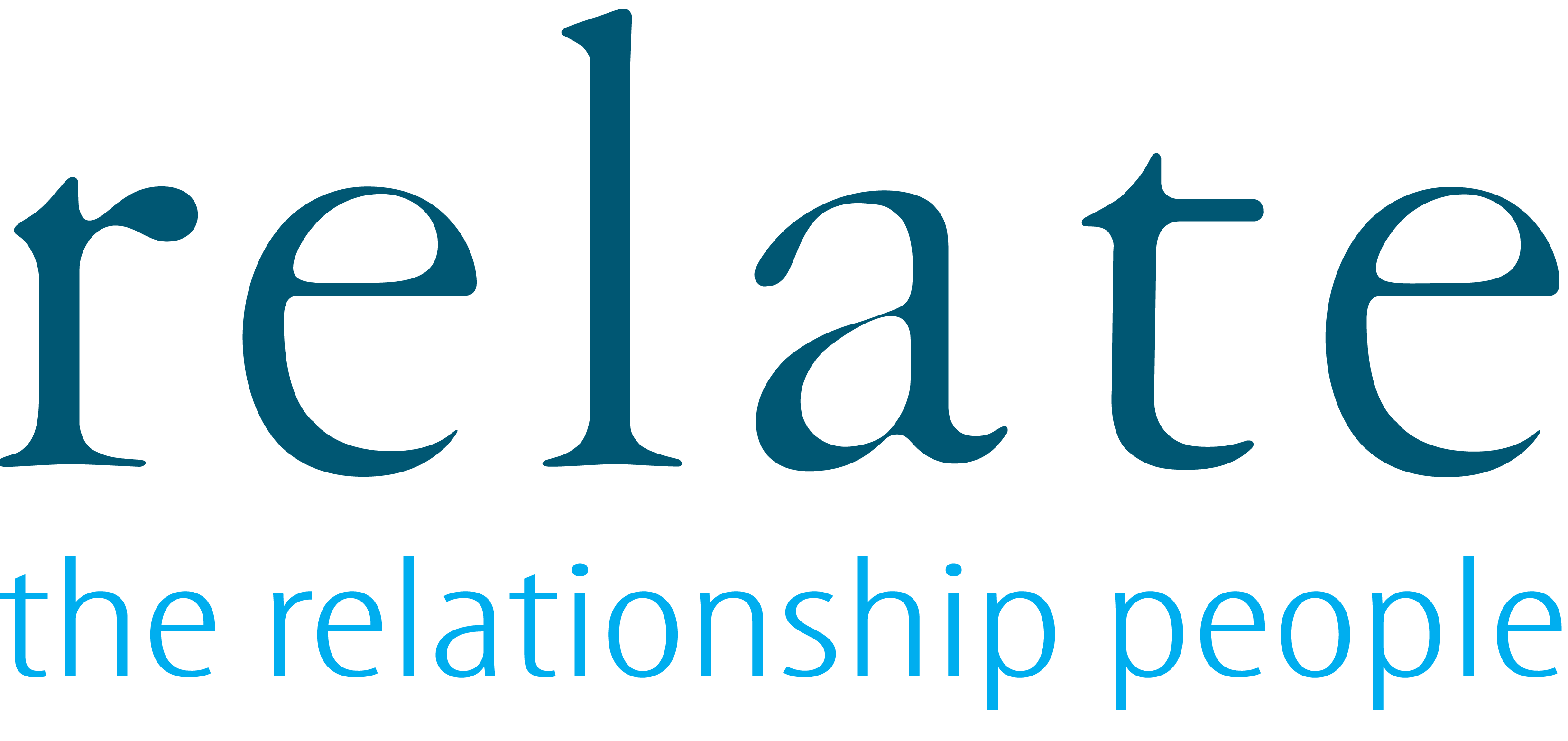
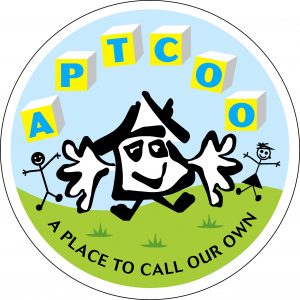

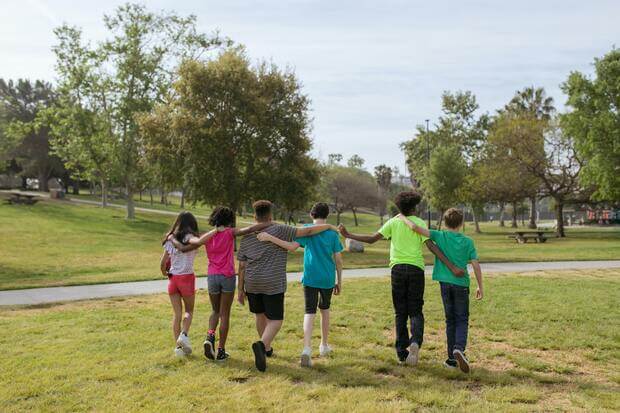
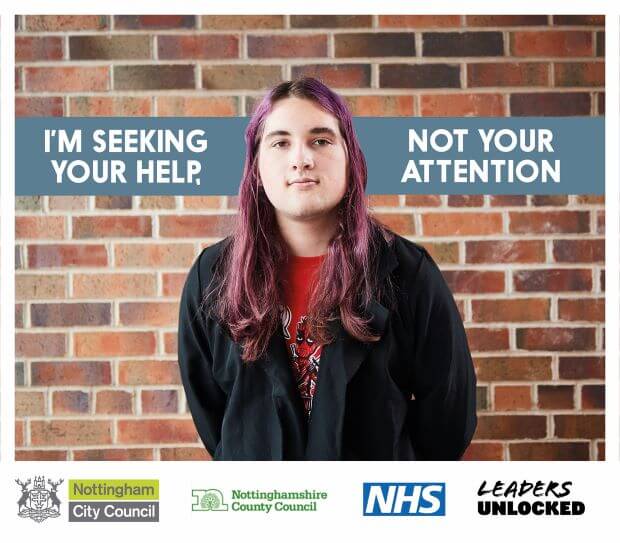
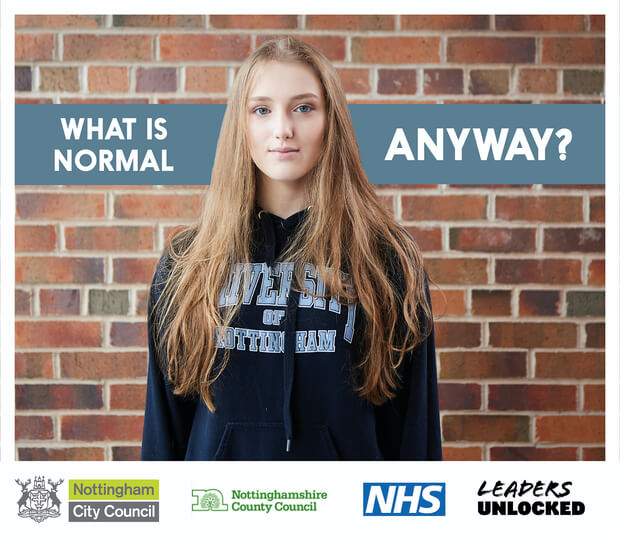

You Are #NOTTALONE
Follow us online and continue the conversation